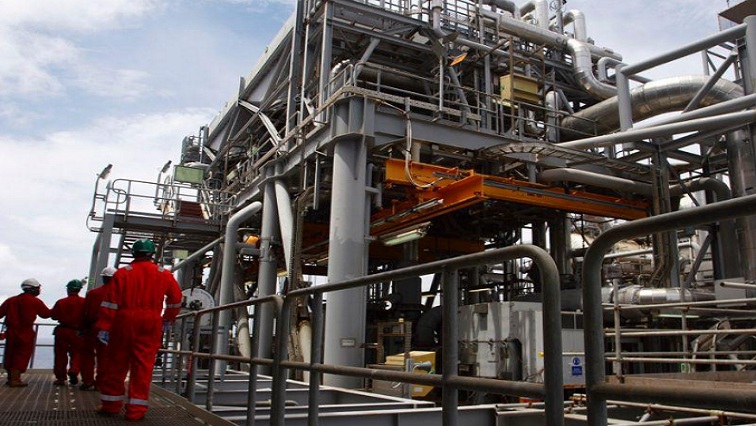The Department of Trade, Industry and Competition has signed the steel metal Master Plan on Friday. The plan aims to implement the re-imagined industry strategy, reconstruction and recovery plan launched by President Cyril Ramaphosa in October last year.
With the country’s renewed focus on infrastructure investment, the Steel Master Plan aims to broaden business opportunity in the steel industry.
The industry is reeling from the unreliable power supply, high Eskom winter tariffs and lack of demand. These challenges threaten investor and business confidence.
Trade and Industry Minister Ebrahim Patel says state capture and corruption have also added more woes to the sector. Patel has expressed confidence in the future of the steel industry despite some of the current challenges that it’s facing.
“State capture and corruption deeply damage industries and economies. It leads to loss of jobs and lower GDP and the steel industry saw that if we divert the money to boost the industry the demand drops which means fewer jobs and less output.”
The steel industry contributes 1.2% to GDP from the 12% that the manufacturing sector adds to the economy.
Over 200 000 people are employed in the steel sector.
The Master Plan aims to boost job creation. The National Union of Metalworkers (Numsa) has welcomed the newly signed Steel master plan. Numsa General Secretary Irvin Jim says, “This is a platform in our view to play a critical role to stop the current job loss, blood bath and in the same breath create the most desperately needed jobs in our country today.”
The steel Master Plan will focus on localising the industry and promote export.
And to lay a strong foundation for the development and growth of the Metals and Engineering sector.
Recovery plan programme
The new agreement will see steel manufacturers benefit from government procurements through its reindustrialisation and recovery plan programme.
Manufacturers will also benefit from the Africa Free Trade Agreement and exposure to international markets.
The industry now contributes less than 3% to the GDP. Steel and metal fabrication is one of the industries that has been identified by the Government’s economic recovery plan.
Jim says, “We think it’s a platform where we should basically engage robustly amongst each other as business and labour, and also engage with government on the kinds of measures that are critical to ensure that we take forward manufacturing and industrialisation of our country.”
Numsa warns that the current load shedding crisis facing the country will be a huge challenge for the sector to fully recover despite the boost it’s getting.
“Blackouts called load shedding are disruptive. They must be stopped. They should have been stopped a long time ago. Workers at Eskom if they are to be consulted they know how to stop the current load shedding.”
Under the steel master plan, SARS will prioritise and include the steel industry in the interagency working group to address under-invoicing.
Trade and Industry has also collaborated with Eskom and industry to ensure localisation of High Voltage Composite Insulators.
Steel manufacturers can now work with other State-Owned entities like Transnet to build local supply chains for large-scale projects and consumables. -Additional reporting by Nothando Magudulela


